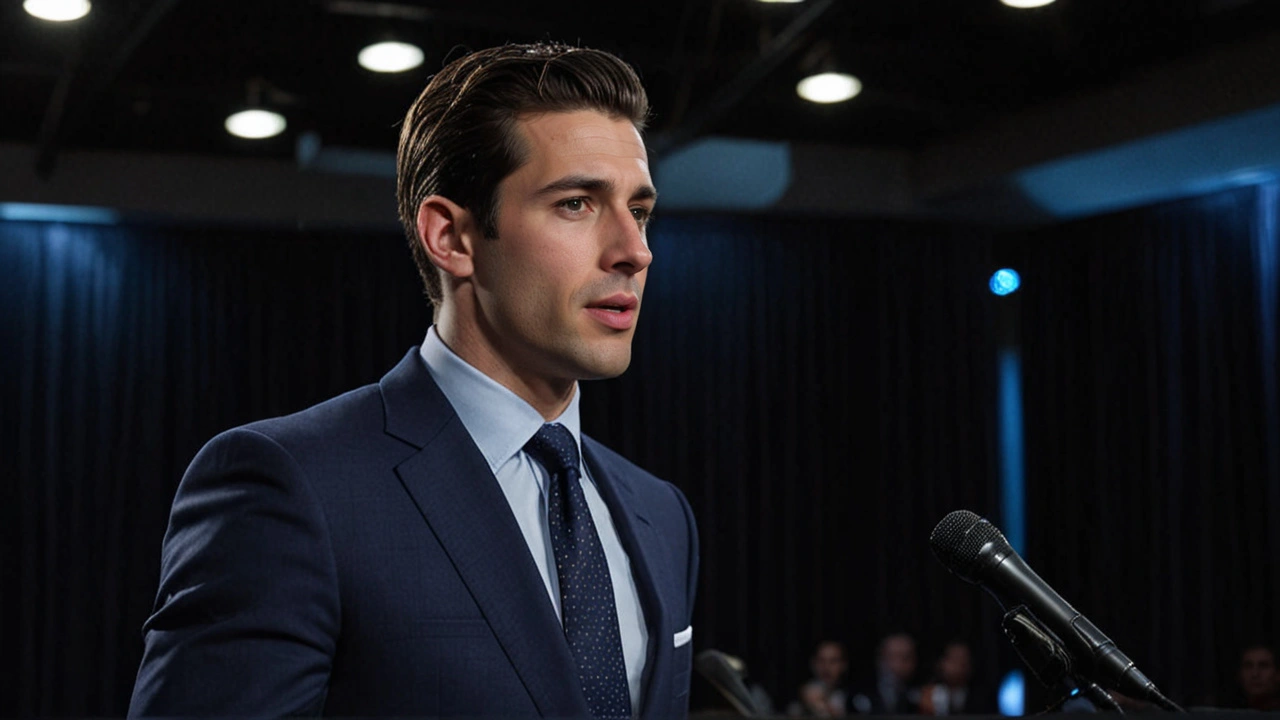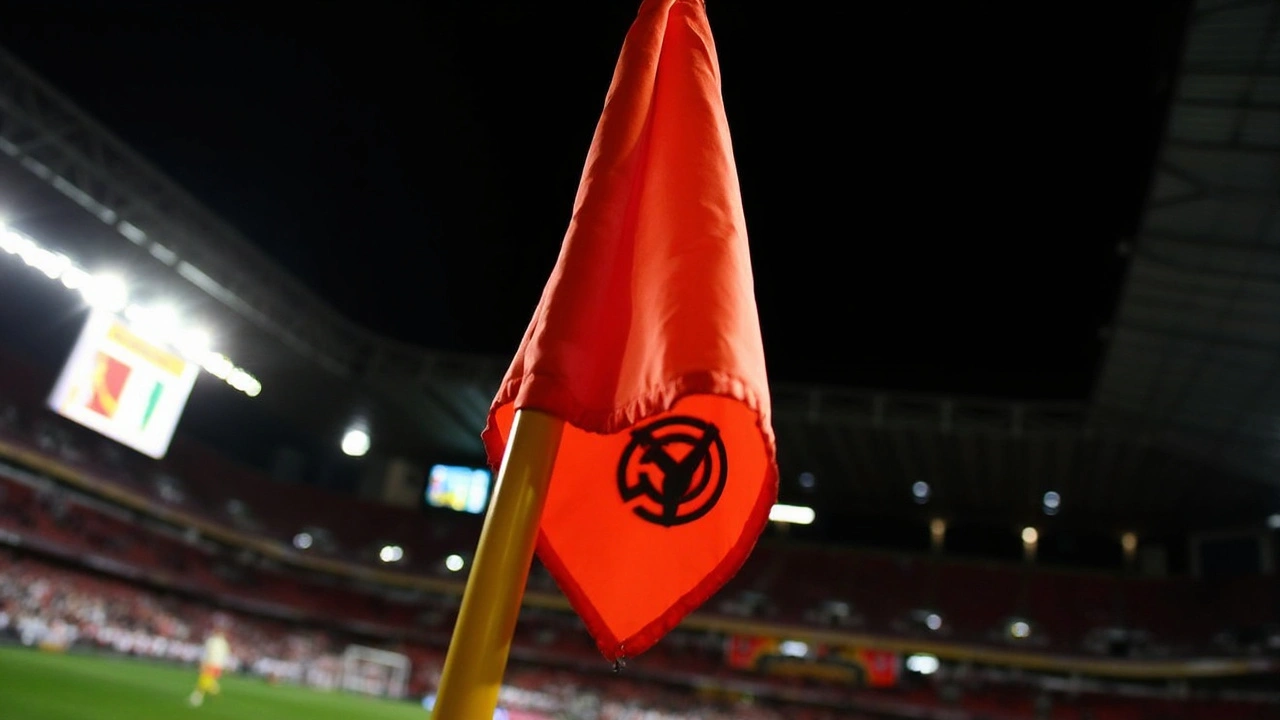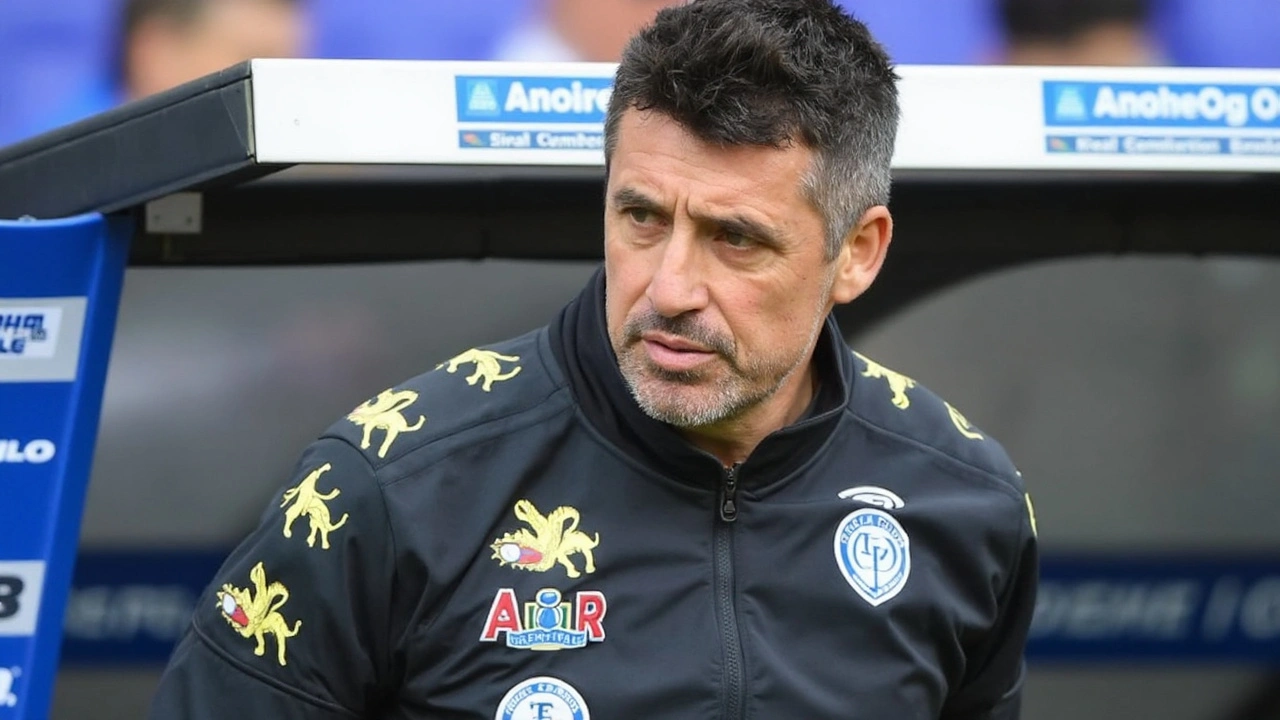Jordan Bardella's Critique of 'Unnatural' Alliances
In an intense post-election environment, Jordan Bardella, president of Marine Le Pen's National Rally, has publicly denounced what he describes as 'unnatural alliances' among the French left-wing parties. These remarks were prompted after the left-wing alliance emerged as the front-runner in the latest legislative elections. Bardella places significant blame on these tactical coalitions, arguing that they undermine the very essence of democratic principles and do not reflect the genuine support of the French populace.
At the heart of Bardella's criticism is the assertion that these alliances are tactical rather than ideological, suggesting that political expediency, rather than shared values or goals, drives them. The coalitions between these diverse left-wing parties, he claims, create an artificial majority that does not truly represent the will of the electorate. This message has resonated with many of his supporters, who feel that the National Rally's values are being sidelined by these alliances. Bardella argues that democracy thrives on clear and coherent choices, not on convoluted alliances that confuse and manipulate voters.
Tactical Voting and Its Implications
The phenomenon of tactical voting, where voters choose the most strategically advantageous candidate rather than their preferred one, has been a significant factor in the French left's recent success. Bardella asserts that this tactical voting has allowed the left-wing alliance to pool resources and votes, creating a formidable force against individual parties like the National Rally. By uniting under a single banner, these left-wing parties have managed to secure more seats and exert greater influence.
However, Bardella raises questions about the long-term sustainability of such alliances. He suggests that they may not hold up under the pressure of governance, as the ideological differences between the parties will eventually surface. This scenario could lead to instability within the government and hinder the implementation of coherent and effective policies. Bardella's warnings underscore the inherent risks of tactical voting and the potential for short-term gains to be offset by long-term challenges.
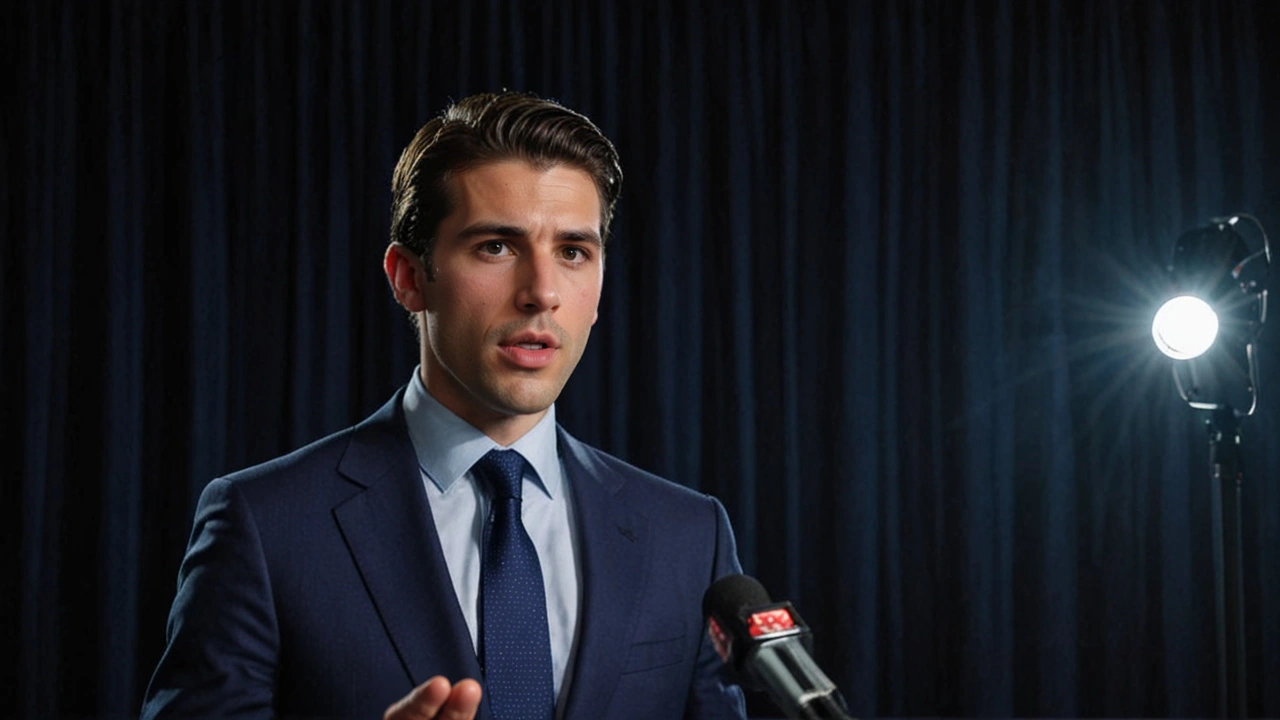
Impact on French Politics
This development has significant implications for the French political landscape. The left-wing alliance's lead in the legislative elections marks a potential shift in power dynamics that could reshape governmental priorities and influence policymaking. Bardella's critique highlights the tension between different political philosophies and the challenges of maintaining unity within diverse coalitions. The success of the left-wing alliance may prompt other political groups to reconsider their strategies and explore new ways of securing support.
Bardella's comments also reflect broader concerns about the state of democracy in France. The rise of such alliances, he argues, could erode public trust in the political system and diminish the quality of democratic representation. If voters believe that their choices are being overshadowed by strategic alliances, they may become disillusioned with the democratic process. This potential disillusionment could have far-reaching consequences for political engagement and participation.
The Road Ahead
As the left-wing alliance prepares to navigate its newfound prominence, it faces the challenge of translating electoral success into effective governance. The diverse composition of the alliance means that it must find common ground on key issues and work collaboratively to achieve its goals. Failure to do so could undermine its credibility and weaken its influence.
Meanwhile, Bardella and the National Rally will continue to advocate for their vision of democracy and challenge the legitimacy of the left-wing alliance. They aim to mobilize their supporters and build a stronger base for future elections. Bardella's critique of 'unnatural alliances' is likely to remain a central theme of his political rhetoric, as he seeks to highlight the perceived discrepancies between the alliances and the will of the people.
The outcome of these legislative elections is just the beginning of a new chapter in French politics. The shifting power dynamics and the emergence of new alliances will undoubtedly shape the political discourse in the coming years. For Bardella and his supporters, the journey ahead is filled with opportunities and challenges as they strive to influence the direction of France's political future.
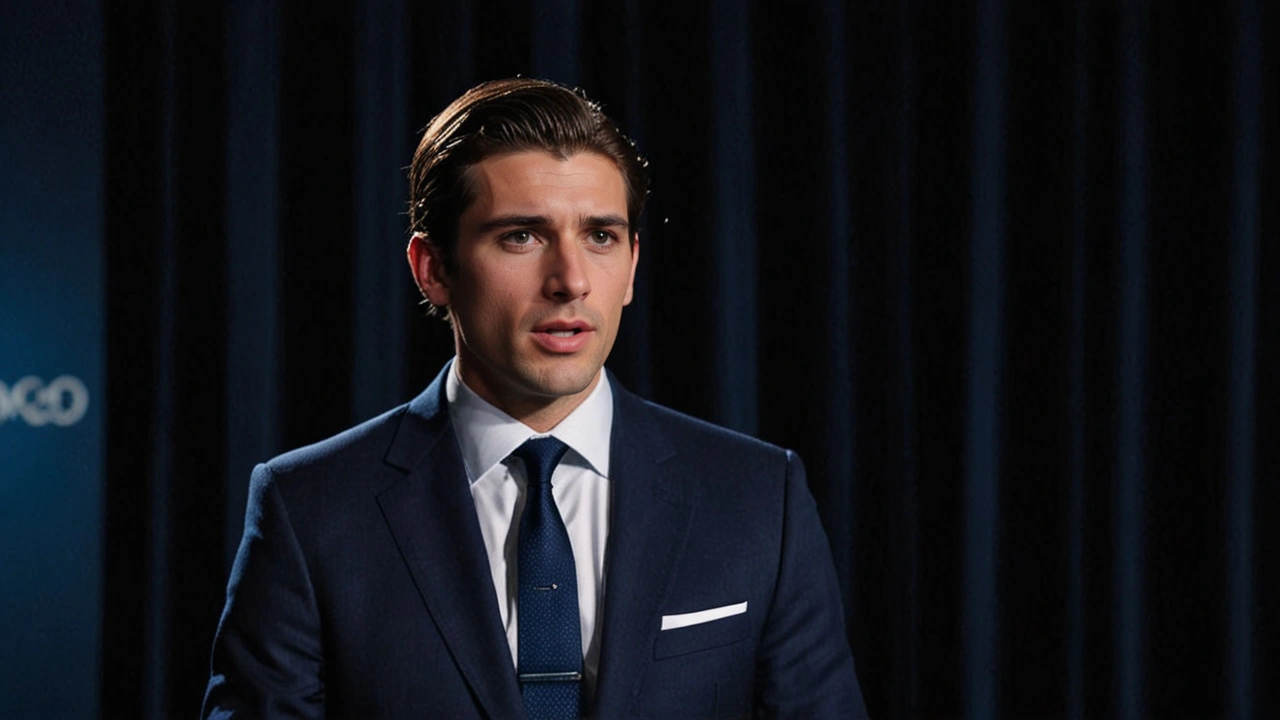
Conclusion
The recent legislative elections in France have brought to the fore the contentious issue of political alliances and their impact on democracy. Jordan Bardella's criticisms of 'unnatural alliances' reflect deeper concerns about the integrity of the democratic process and the true representation of the electorate's will. As the left-wing alliance takes the lead, the political landscape is set for significant shifts, with potential implications for governance and policy-making. The road ahead will test the resilience and adaptability of all political players, as they navigate the complexities of a changing political environment.
| Political Party | Seat Count |
|---|---|
| Left-Wing Alliance | 180 |
| National Rally | 120 |
| Others | 100 |
